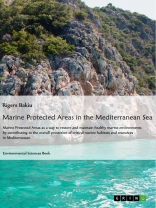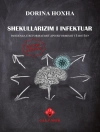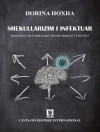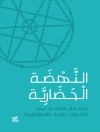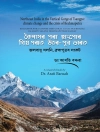Document from the year 2016 in the subject Environmental Sciences, Agricultural University of Tirana (Agricultural University of Tirana), language: English, abstract: Definitions of Marine protected areas (MPAs) vary from exclusionary to inclusionary. A recently revised IUCN definition of what constitutes a protected area (PA) emphasizes the conservation purpose of geographical space. ‘‘Conservation’’ is defined as the in situ maintenance of ecosystems and natural and semi-natural habitats and of viable populations of species in their natural surroundings. Prohibition or restriction of activities within a PA is usually part of the in situ maintenance. For marine sites this engenders unique management opportunities and challenges.
Temporal trends indicate that overexploitation and habitat loss have been the main human drivers of historical changes in Mediterranean biodiversity. At present, habitat loss and degradation, followed by fishing impacts, pollution, climate change, eutrophication, and the establishment of alien species are the most important threats and affect the greatest number of taxonomic groups. All these impacts are expected to grow in importance in the future, especially climate change and habitat degradation. Marine experts and conservationists see great hope in the opportunities provided by MPAs to counter threats to marine ecosystems. In this book, the effects of the MPAs are illustrated based on detailed analyses of the recent case studies of Mediterranean charismatic species, like monk seal, dolphins, groupers, seagrass meadows and birds. This book examines the use of MPAs as a way to restore and maintain healthy marine environments by contributing to the overall protection of critical marine habitats and resources in Mediterranean. It suggest the best way to manage the existing ones after providing case studies showing the actual situation of them and how to establish the future MPAs in the Mediterranean. This book is the precious instrument, full of conservation strategies based on MPA networks aimed at enhancing resilience and it may be the most effective tool to limit the negative impacts of the complex suites of threats on marine ecosystems under future scenarios of frequent and/or persistent disturbance.
Om författaren
Associate Professor Rigers Bakiu; Department of Aquaculture and Fisheries, Faculty of Agriculture and Environment, Agricultural University of Tirana; Lecturer/researcher and head of the Aquaculture and Fisheries Research Group
